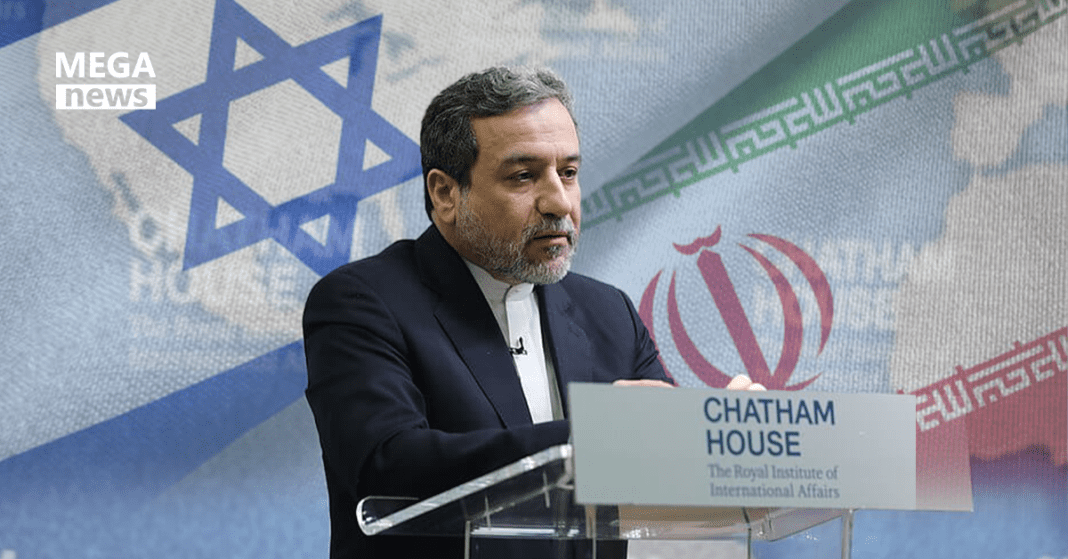Right now, tensions between Iran and Israel are very high. Earlier this month, Israel launched airstrikes inside Iran. Since then, both countries have been exchanging attacks, and the risk of a bigger war is growing.
In response, top European Union foreign ministers met with Iran’s Foreign Minister, Abbas Araghchi, in Geneva. This is the first serious diplomatic meeting since the fighting began. The goal is to stop the violence and bring both sides back to the negotiating table.
Leaders from the UK, France, Germany, and the EU urged Iran to stay engaged in talks. They also encouraged Iran to consider speaking with the United States again. The UK’s foreign minister, David Lammy, said clearly: “This is a dangerous moment. We must avoid more fighting in the region.”
From Iran’s side, they said they are willing to talk—but only if Israel stops its attacks and is held responsible for its actions. Araghchi said the talks in Geneva were “serious and respectful,” but warned that Iran won’t negotiate while bombs are still falling.
This is not just about diplomacy—it’s about preventing a bigger, possibly devastating war. Israel’s recent strikes reportedly targeted Iranian nuclear and military sites. In return, Iran has fired missiles at Israeli cities like Haifa and Be’er Sheva. Some of those missiles were stopped, but others got through. Civilians in both countries are getting hurt, and the death toll is rising. Hospitals and buildings have also been damaged.
The United Nations, Russia, China, France, Britain, and other countries have called for both sides to stop fighting immediately.
During the Geneva meeting, the European leaders also asked Iran to limit its nuclear activities, reduce its use of missiles, stop supporting armed groups in other countries, and release prisoners. These issues go back to the 2015 Iran nuclear deal, which many hope can be restarted. Without progress on these topics, Europe warns the risk of a larger war is too high.
France’s representative, Jean‑Noël Barrot, said that peace talks could lead to bigger agreements in the future—but war would solve nothing.
Iran is firm in its position: they will not come back to full talks unless Israel ends its attacks. Araghchi told the UN that Iran had even planned to meet with the U.S. on June 15, but that Israel’s strike ruined that chance.
The situation is very fragile. Diplomacy is happening while military attacks continue. A single mistake—like a surprise airstrike—could destroy any progress made. European leaders say they’re ready to meet again soon, but only if Iran shows it’s willing to compromise. That also depends on whether Israel stops its actions, and whether the U.S. joins the talks. Iran doesn’t trust the U.S., accusing it of helping Israel.
Meanwhile, reports say U.S. President Trump is considering military action, but Europe hopes that can be avoided.
This moment shows how complex global politics can be—where bombs are falling while peace talks are happening. There is still a chance for diplomacy to work, but it requires all sides to act carefully. If this effort in Geneva succeeds, it could be the turning point. But if it fails, the world could see a much more dangerous conflict.



